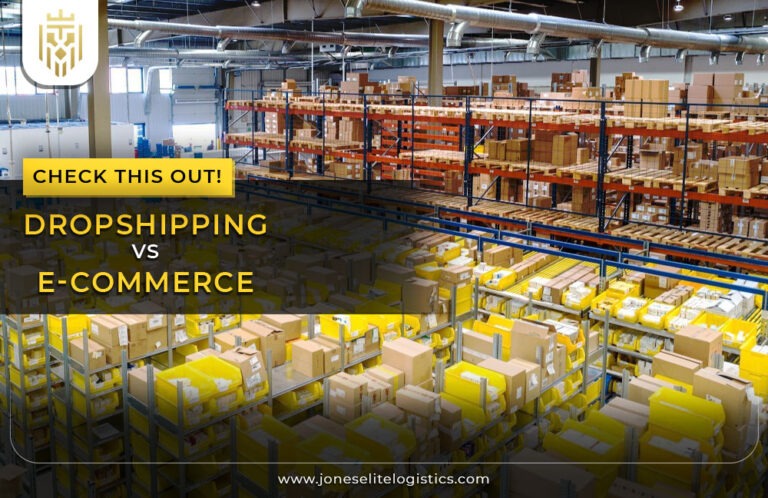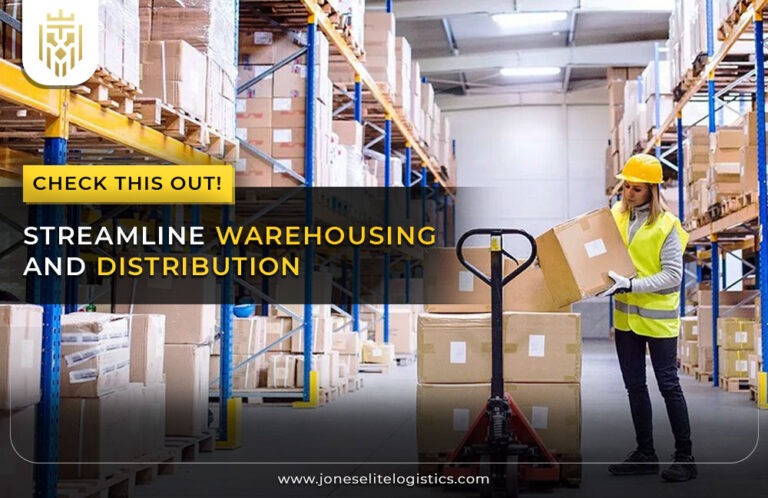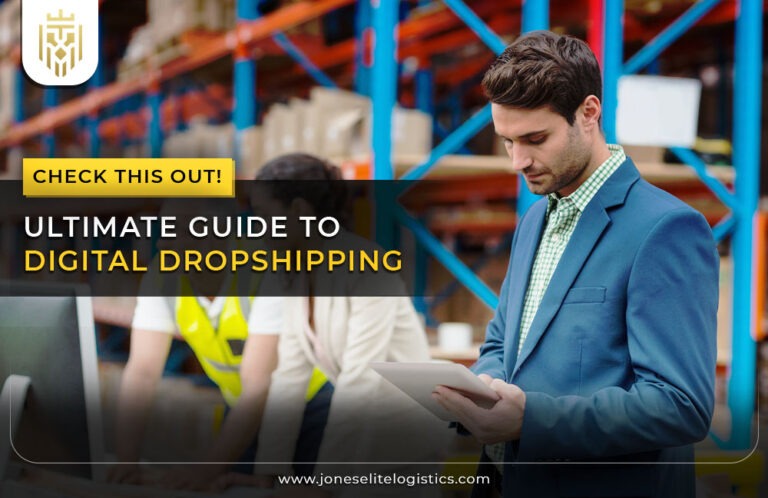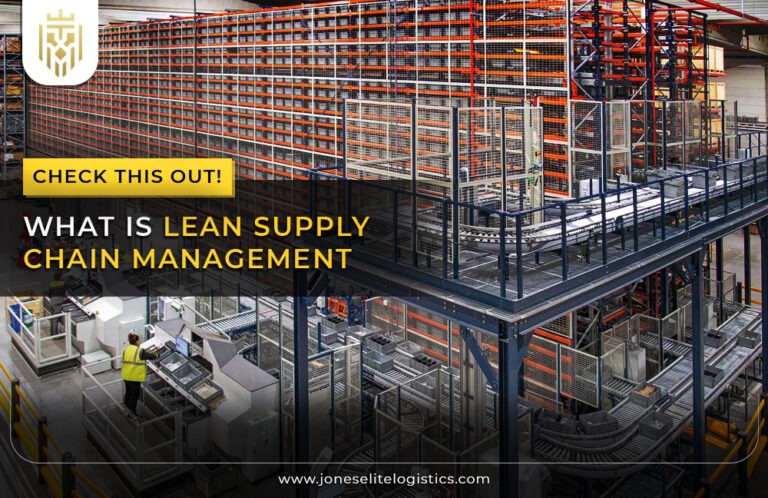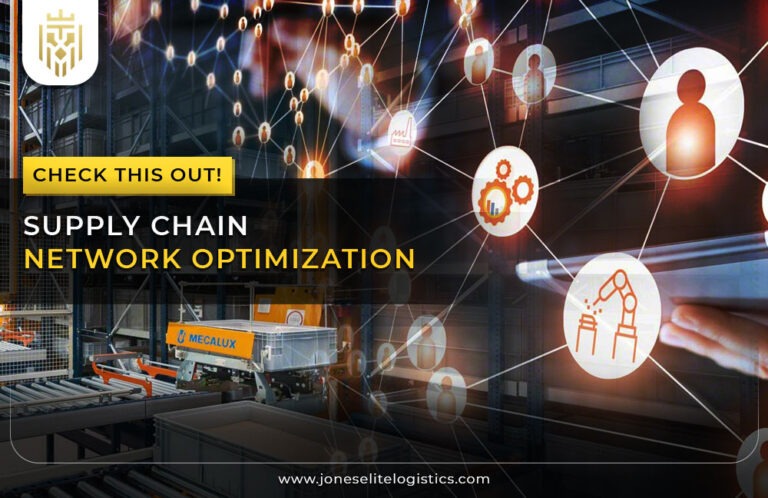Understanding Last Mile Delivery
Last mile delivery is the last yet very crucial stage in a supply chain , as goods are transported from a distribution center to the end customer’s doorstep. This phase directly impacts overall customer satisfaction and rate of retention, and it requires strategic planning, advanced technology, and a streamlined process to overcome its set of obstacles.

Exploring Last Mile Delivery:
The e-commerce industry’s rapid expansion over the years, thanks to technological advancements, has increased customers’ expectations regarding the delivery of goods. They expect a quick service, with quality, and if possible, free of cost, and companies are putting an emphasis on improving their last-mile delivery services
Unpacking the Concept: What is Last Mile Delivery?
Encompassing the final step of the supply chain where the goods are delivered from the distribution center to the customer’s location, last mile delivery is a far more important step that is to be delivered to retain sales and customer loyalty. Several technologies and strategies are implemented to navigate through the difficulties that generally pop up.
Last Mile Delivery Meaning: The Final Step in the Delivery Process:
This is a pivotal point where customer satisfaction is either solidified or jeopardized. Unpredictable predicaments such as weather and traffic conditions can potentially damage a customer’s relationship with the company implementing new technologies and strategies to navigate through to deliver a smile onto their faces.
Importance of Last Mile Delivery:
Last Mile Delivery plays a pivotal role in ensuring customer satisfaction, as it directly affects a business’s success rate and its brand reputation, and if worked on, it also improves efficiency and stays cost-effective in logistics operations.
Crucial Role in Customer Satisfaction:
Customer satisfaction is an important factor every company wishes to deliver, and last mile delivery is a key factor in shaping it. Timely and accurate deliveries stabilize and enhance their trust and loyalty, whereas delays and delivery errors lead to dissatisfaction and loss of business.
Impact on Business Success and Brand Reputation:
Efficient and reliable final mile deliveries bolster brand image, with customers raving about their services on online platforms. This, in turn, increases the rate of repeat purchases and attracts potential customers, enhancing both business success and brand reputation.
Efficiency and Cost-Effectiveness in Logistics Operations:
The importance of efficiency and cost-effectiveness is on the top, and companies are developing methodologies such as optimizing delivery routes and utilizing technology for tracking and scheduling deliveries, which streamlines supply chain operations and reduces costs. This improves efficiency and bolsters profitability while maintaining service quality and market competitiveness.

Challenges in Last Mile Delivery:
The logistics industry arrives with a set of challenges, and last-mile delivery, as a part of it, imbibes these difficulties with an additional challenge or two. We shall be going through some of them to understand and implement intriguing solutions.
Urban Congestion and Traffic Issues:
Urban congestion and traffic issues plague a lot, especially if the journey is to be made in the middle of a bustling metropolis. Traffic jams greatly disrupt the delivery schedules and increase operational costs. Technology has enabled those involved to implement strategies such as alternative transportation modes, route optimization, and time-sensitive delivery windows.
Addressing Delivery Delays and Missed Time Windows:
Delivery delays and missed time windows spell ‘D O O M”, and preventing them from popping up from time to time is harder than one thinks. GPS tracking and real-time route optimization are just some of the technological measures widely implemented. Alternative strategies such as evening or weekend deliveries accommodate customer schedules, and proactive communication with the customer regarding delivery status and delays manages their expectations.

Strategies for Optimising Last Mile Delivery:
Optimizing last mile delivery boosts a company’s profile as a reliable goods delivery service, making customers come back for more. Some of these ideas can potentially be a game-changer for a business to expand its services:
Utilising Technology Solutions for Route Optimization:
Route optimization software enables companies to plan efficient delivery routes that minimize travel time and fuel consumption. GPS tracking systems provide real-time visibility, which enables last-minute adjustments to routes based on traffic conditions and delivery priorities. This ultimately leads to one goal: customer satisfaction with on-time and safe delivery.
Leveraging Data Analytics for Demand Forecasting and Planning:
Thorough knowledge of the industry is increased with data analytics tools that display historic sales data, market trends, and customer behavior to forecast the accurate demand rate. Companies leverage this information to refine their inventory management, allocate resources efficiently, and plan delivery schedules proactively. Aligning supply with demand enables businesses to reduce excess stock and improve overall operational efficiency.
Collaboration with Third-Party Logistics Providers and Local Partners:
Partnering with third-party logistics (3PLs) providers and local partners extends a company’s delivery network reach and enhances operational flexibility. 3PLs have good regional knowledge and resources that enable companies to navigate local regulations, address last-mile challenges, and provide faster and more reliable deliveries to customers.

Sustainable Solutions in Last Mile Delivery:
The importance of preserving the environment is only rising with pollution greatly impacting the very core aspects of nature. The logistics industry is implementing solutions to reduce its carbon footprint:
Exploring Eco-Friendly Delivery Options
Electrical vehicles, bicycles, and even walking couriers are some of the options companies are exploring to implement the ideal solution that does not cost overall customer satisfaction and profitability. These alternatives reduce reliance on fossil fuels and lower carbon emissions.
Reducing Carbon Footprint and Environmental Impact:
With the popularization of e-vehicles, alternative methods such as route optimization, vehicle sharing, and packaging optimization minimize environmental impact. Investing in renewable energy sources and offsetting carbon footprints further reinforces companies’ commitment to sustainability.
Future Trends in Last Mile Delivery:
Last mile delivery is only becoming more popularized each day, and noting potential future trends can help one accelerate their business. Here are some trends:
Innovation in Delivery Methods: Drones and Autonomous Vehicles:
The widespread adoption of drones and autonomous vehicles seems to be the starting point of a futuristic last-mile delivery, and these technologies promise faster and better deliveries while reducing costs and congestion on roads.
Integration of Smart Delivery Lockers and Pickup Points:
Smart delivery lockers and pickup points stand as potential alternatives to doorstep delivery as they reduce the chances of missing deliveries and potential theft. Security gets enhanced and delivery processes become more streamlined, thus catering to the evolving preferences of urban customers.
FAQs
What is meant by last-mile delivery?
Last-mile delivery is the last yet very crucial stage in a supply chain, as goods are transported from a distribution center to the end customer’s doorstep.
What is the last mile delivery payment?
It is the financial transaction of money from the customer to the delivery service provider post-completion of the delivery process from the distribution center to the customer’s location.
What is the difference between carrier delivery and last-mile delivery?
Carrier delivery covers the entire transportation process with long-distance shipping whereas last mile delivery mainly focuses on the final stage, i.e. from a distribution center to the end consumer’s doorstep.

